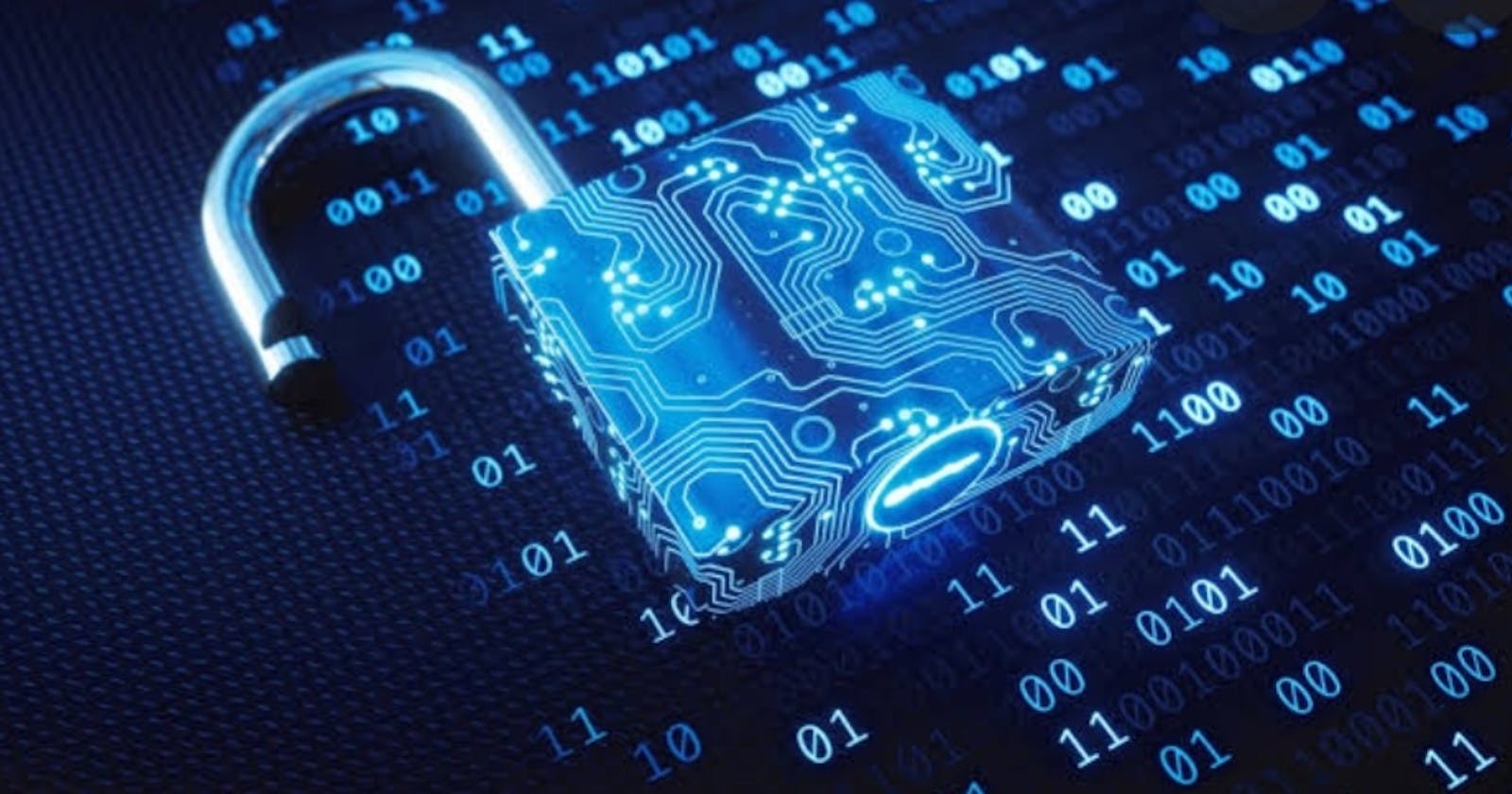Despite all its benefits and prospects, there are both risks and difficulties associated with the internet. Online safety awareness and practice are the only ways to reduce these dangers, which might appear as online abuse, bullying, threats, impersonation, grooming, harassment, or exposure to objectionable and/or violent content. Although they will always exist, teaching young people how to deal with dangerous circumstances and content will put them in the greatest possible position to take advantage of the internet while being safe.
We must all take responsibility for practicing online safety and speaking out against inappropriate and harmful behavior in order to create an online environment that is guided by these principles. Understanding the consequences of our actions as well as the tools that are available for reporting and helping are the first stepping stones in being an educated and respectful digital citizen. Being an informed and responsible online citizen begins with understanding the effects of our actions as well as the resources that are available for reporting and offering assistance.
How to chose safely.
Learning to make wise decisions is the most crucial aspect of Internet safety.These options consist of the following:
Confirming a person's identity.
Confirming the security of a link: (HTTP) HTTPS The S stands for secure socket layers, which are effectively an additional layer of protection that shields data as it travels from a student's computer to the website's servers.
Recognizing internet fraud.
Privacy preservation.
Recognizing online bullying.
Installing ad blockers
Utilizing a virtual private network (VPN): A VPN creates a safe connection between a user's device and the proxy server.Additionally, the VPN establishes a digital "shell" that safeguards that connection.
Safety Precautions.
Pick a strong password: Use secure passwords that contain letters, numbers, and other symbols.
Enable two-factor authentication (2FA) if possible: The safest method for safeguarding your account is Two-Factor Authentication (2FA). On a mobile device, you can authorize access to your account using Google Authenticator, Authy, and other authenticator apps.
Set your safety and privacy preferences.
Adhere to safe account procedures: I advise adhering to a few straightforward guidelines while interacting online.
Watch out for shady links and files.
Avoid clicking on URLs that appear shady, truncated, or otherwise changed. Although Discord will make an effort to alert you to dubious links, you should always consider your options before clicking.
Never download software or files from somebody you don't know or trust. Unless you're waiting for a file from someone. Don't click the file if it's not!
Do not open a file that your browser or computer has indicated may be dangerous unless you are certain it is safe to do so.
Do not divulge your account password or login details to anyone. Unscrupulous people may ask you for this information and use it to take control of your accounts. The Trust & Safety team should be notified of any accounts that seek account information while making claims to be a staff.
Email Security Procedures.
When creating strong passwords, utilize a combination of integers and pronounceable letters instead of symbols and a string of alphabetic characters. Use a unique password for each site and avoid sharing passwords between them.
Utilize multifactor authentication to add a further layer of security to your email account and thwart hacking.
Take phishing seriously: Avoid responding to emails that seem suspicious by not clicking links or opening attachments.
Watch out for email attachments and avoid responding.
Avoid using free WiFi and only read emails on protected networks.
Malware
Malicious software is abbreviated as this. It is designed to steal data, harm computers, or even obliterate them. Examples include viruses, worms, Trojan, viruses, ransomware, and spyware. To protect your PC from these intruders, observe the following:
Use a malware-detecting app: Installing and updating an anti-malware program can help protect your PC from infection. Use your browser's pop-up blocker: A pop-up blocker can stop risky or harmful code from appearing in pop-up windEven thoughain browsers have a pop-up blocker, like the Iridium browser and Opera GX
Keep your computer updated: Software updates that improve your system's security help you avoid attacks by patching up any potential security gaps.
Use a specialized antivirus program: This will act as a barrier between your computer and malware. The majority of reliable antivirus programs are not free, but some businesses offer free antivirus software, such as Avast and Windows Defender.
Regularly alter your passwords.
Regularly scan your computer.
In conclusion, maintaining one's privacy online is crucial due to the numerous websites, programs, services, frauds, and viruses that are just waiting for an opportunity to steal someone's private information. Everyone would be considerably safer and their personal information would be less likely to be stolen if they knew how to protect themselves and utilize the proper software. Anyone who uses the internet should keep in mind that this knowledge will aid them in the future in maintaining security and protecting their privacy.
Reference: theAdaproject

